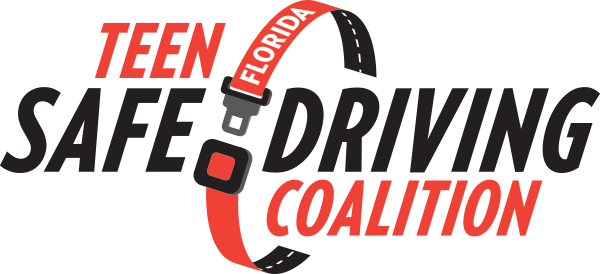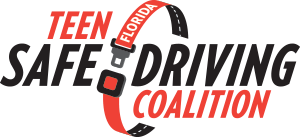
Driver Education for Children with Special Needs
Can children with special needs drive? Yes, and the number of adolescents driving with special needs is growing. According to research conducted at Children’s Hospital of Philadelphia (CHOP), two-thirds of 15- to 18-year-old higher-functioning autistic adolescents are currently driving or plan to drive, and 1 in 3 autistic adolescents without an intellectual disability get licensed by age 21.
Getting licensed and driving with special needs may be viewed by teens as an exciting milestone in their transition to adulthood, but parents may approach this time with fear as well. Many services received as children are no longer available, and the thought of driving may be overwhelming.
DRIVING WITH SPECIAL NEEDS
Adolescents with autism spectrum disorder or attention-deficit hyperactivity disorder may have characteristics that place them at risk for unsafe driving behaviors, like inattention or getting lost in the details of the road. On the other hand, they may also have characteristics that promote safer driving behavior, such as a vigilance to follow driving laws.
Experts at CHOP recommend that families answer the following questions before their child with special needs starts driver education:
- Do you feel your child consistently demonstrates good judgment and maturity at school, around peers, and at home?
- Is your child receptive to constructive criticism and instruction?
- Does your child demonstrate rules of the road knowledge and other skills taught in driver education classes? If not, does your child need specialized instruction or a driving assessment?
- Is your child agreeable to practicing driving with a skilled adult prior to driving independently? If so, is there an adult willing and able to serve in this important role?
- Are there any medical or behavioral conditions (such as untreated seizures) that may prevent your child from driving safely?
- Are there medical interventions that may be needed to ensure safe driving behaviors?
If your child is ready to begin driver ed and supervised practice, CHOP experts recommend that families:
- Add goals about driving to the child’s individualized education plan (IEP)
- Seek the advice of a certified driving rehabilitation specialist or occupational therapist who specializes in driving
- Consider treatment with ADHD medication if the child has symptoms of ADHD, including impulsivity and inattention
For those teens with special needs who are not ready or able to drive, there are other ways to ensure safe transportation including practicing how to take public transit and using taxis or ridesharing services. Another option is carpooling with classmates or coworkers who drive.
Learn more about driving with ADHD.
Learn more about driving with ASD.
Other helpful information about driver education for children with special needs is found on these websites:
- Asperger Syndrome
- Association for Driver Rehabilitation Specialists
- Navigate Driving with a Disability
Original content posted by: TeenDriverSource.org

